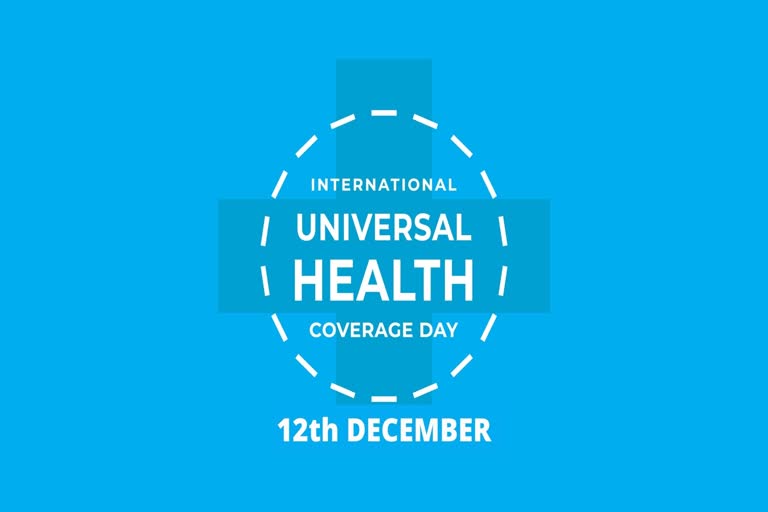In responding to the pandemic, we have seen rapid, innovative approaches to health service delivery and models of care, and advances in preparedness. We must learn from this experience. For Universal Health Coverage Day, let us commit to end this crisis and build a safer and healthier future by investing in health systems that protect us all — now.' says the United Nations’ Secretary General, Antonio Guterres
Every year on 12th December, Universal Health Coverage Day is recognized, which marks the anniversary of the first unanimous United Nations resolution, urging the countries to provide affordable and quality health care to every person in the world. It has also been included in the revised Sustainable Development Goals (SDG’s), adopted by the UN. The theme this year is 'Health for all: Protect Everyone'.
Why Universal Health Coverage?
The Universal Health Coverage ensures that every human being in the world regardless of their caste, creed, race, gender and social background, receive the best of medical services, despite their financial status and hardships. With a healthier population, the country will be on the road of a better economic development. Especially now, that we are under a global pandemic, we must ensure that everyone receives equal and quality healthcare.
The World Health Organization (WHO) states that Universal health coverage has a direct impact on a population’s health. It is thus a critical component of sustainable development and poverty reduction, and a key element of any effort to reduce social inequities. Universal coverage is the hallmark of a government’s commitment to improve the wellbeing of all its citizens.
How To Achieve Universal Health Coverage?
According to WHO, for a community or country to achieve universal health coverage, several factors must be in place, including:
- A strong, efficient, well-run health system that meets priority health needs through people-centred integrated care
- Affordability – a system for financing health services so people do not suffer financial hardship when using them. This can be achieved in a variety of ways.
- Access to essential medicines and technologies to diagnose and treat medical problems.
- A sufficient capacity of well-trained, motivated health workers to provide the services to meet patients’ needs based on the best available evidence.
Benefits Of Universal Health Coverage
Universal Health Coverage can benefit in the following ways, as stated by the National Health Portal of India (NHP):
- Improved health of the population
- Efficient, accountable and transparent health system
- Reduction in poverty
- Greater productivity
- Increased jobs
- Financial protection
- Greater equity
Principles For Formulation of Universal Health Coverage
The NHP also states 10 principles that have guided the formulation of Universal Health Coverage In India
- Universality
- Equity
- Non-exclusion and non-discrimination
- Comprehensive care that is rational and of good quality
- Financial protection
- Protection of patients’ rights that guarantee appropriateness of care, patient choice, portability and continuity of care.
- Consolidated and strengthened public health provisioning
- Accountability and transparency
- Community participation
- Putting health in people’s hands.



